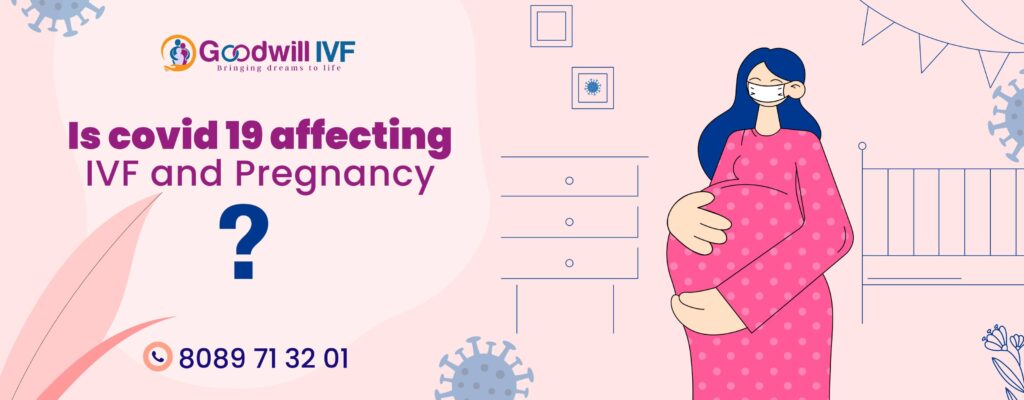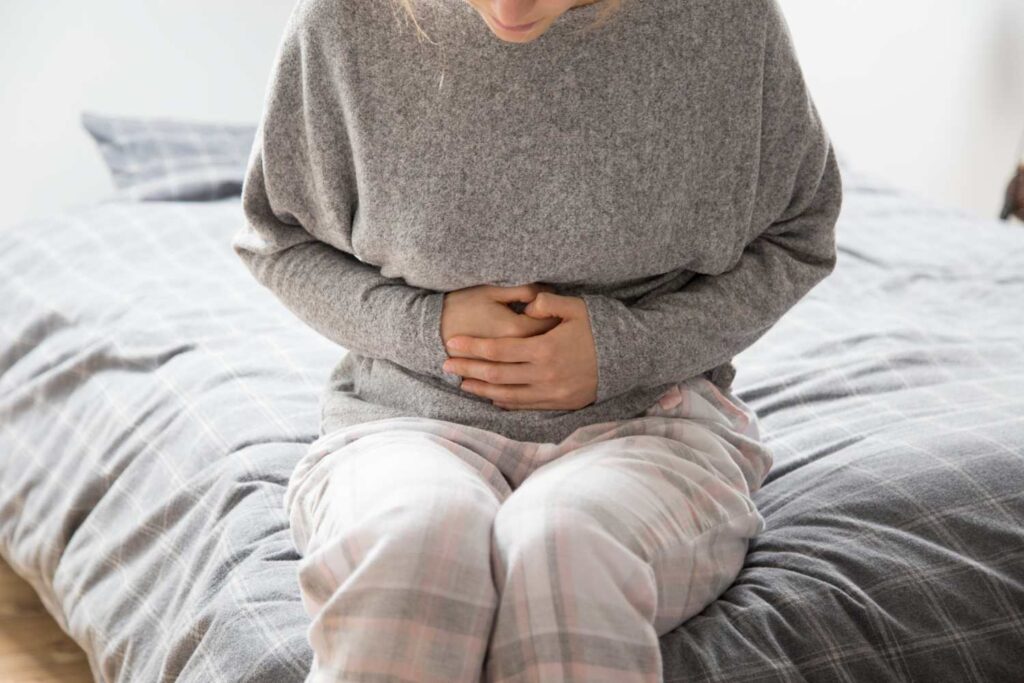Several underweight, overweight, and obese women have no difficulty getting pregnant. However, often due to ovulation problems ie., failure to release eggs from the ovaries, others will have difficulties conceiving.
Energy insufficiency can damage the hypothalamic-pituitary-gonadal axis and lead to hypothalamic anovulation in underweight women. Anovulation happens when an egg (ovum) does not release from your ovary during your menstrual cycle. An egg is required to have a gestation. Since many hormones are involved in ovulation, there are numerous causes of anovulation. Constant anovulation is a common cause of infertility.
Underweight with a BMI of 18.5 and less often results in irregular menstrual cycles and may cause ovulation to stop completely. A BMI of 17.5 or less could imply an eating disorder. Women with less than normal BMI should work with their doctor to understand the reason for this problem and improve strategies to rectify it.
Irregular menstrual cycles and ovulation can occur due to obesity as well. However, even obese women with normal ovulation cycles have lower pregnancy rates than normal-weight women, so ovulation isn’t the only problem. A visit to a healthcare professional before becoming pregnant can help observe other disorders associated with obesity affecting pregnancy such as thyroid disease, insulin resistance, and diabetes.
How being underweight affects fertility
Several factors like infertility in underweight women are mainly related to low body fat, excessive exercise, and poor nutrition.
Low body fat
For women striving to get pregnant, it is vital to have a specific amount of body fat. Fat is the most important compound the body stores and uses estrogen, which is essential for fertility. An adequate estrogen level is desired to stimulate egg release by the ovary. Less than 22% body fat correlates with poor estrogen levels and it leads to issues with menstruation and fertility.
Excessive exercise
Physical activity evokes many positive effects on the body. Though, when exercise becomes too vigorous, it can steer the generation of high amounts of the stress hormone cortisol that stops the release of important hormones that control ovulation. Excessive exercise also releases endorphins. Endorphins are not bad but do tend to boost the release of prolactin, a chemical that is related to milk production and interrupts the natural process of ovulation, lowering chances for pregnancy.
Poor nutrition
Higher occurrences of abnormal menstrual periods and impaired function of the ovaries are seen in women who follow low-calorie diets. This leads to a range of changes in metabolism encouraging the body to adjust to low-calorie intake but harms ovaries and chances for pregnancy. Poor nourishment also leads to low body generation of progesterone, a hormone responsible for preparing the uterus for pregnancy during the second half of the menstrual cycle. Having a disruption at this stage means the ovulation and fertilization of the egg can be natural, but there is not sufficient time for the fertilized egg to properly implant in the uterus.
Disorders associated with an underweight state are often accompanied by infertility
- Hypothalamic-pituitary-gonadal axis dysfunction is the main pathophysiological mechanism for infertility in such women
- Underweight women, if they restore their weight, may result in the restoration of menses and thus can find a resolution to infertility.
- Multidisciplinary treatment, such as lifestyle modification, pharmacotherapy psychological counseling, etc. can help infertility.
Eating disorders comprise the most common factor of infertility in underweight women, who in turn experience miscarriages, and sexual dysfunction. Energy depletion involves menstrual dysfunction due to low energy availability that results in anovulation. Further, malnutrition, starvation, systemic illnesses, and the utilization of drugs can cause excessive weight loss and may result in fertility problems due to hormonal disturbances.
Do all women with a low body mass index have decreased fertility?
As the effects of weight vary with each individual, all underweight women don’t get affected by infertility.
A woman who has a low BMI but has a sufficient diet, and doesn’t exercise excessively, generally means that she is naturally thin and fertility problems are minimal concerning weight.
Male infertility
Overweight and obesity contribute to the development of many maladies, such as diabetes, cardiovascular disease, cancers, as well as male infertility. It is a multifactorial disease that involves genetic factors, environmental exposure as endocrine disruptors, lifestyle factors, and obesity. Nowadays, the effect of fatness on male fertility has persuaded more attention since a large number of related studies have gradually emerged. However, the relationship between low body mass index and normal fertility in men is still unknown, it is important to pay additional attention to the effect of low BMI on the fertility body as there are chances of low BMI impairing semen quality.
Researchers’ systematic review with meta-analysis has confirmed that there was a relationship between low BMI and semen quality, which suggests low BMI may be a harmful factor in male infertility.
Effective Treatments
Considering all the factors, including your age, a healthcare practitioner can suggest the need of losing weight for improving fertility. A program combining your diet and lifestyle will be recommended as an effective first step for this. But if your age or your BMI is above 40, it may not always be the appropriate first step. Effective weight loss treatments should be experimented with, to lose weight in women with a BMI greater than 40.
Goodwill IVF Treatment Center, one of the best infertility treatment centers at Malappuram has a team of fertility experts to guide you by explaining the procedure and the need for other tests and fertility evaluation. They explain the details you need to know about the semen analysis and perform a meta-analysis about low BMI and semen parameters.
Fertility experts of the center help you with the basics, starting with an infertility workup and how we proceed from there to help make your dreams a reality.


